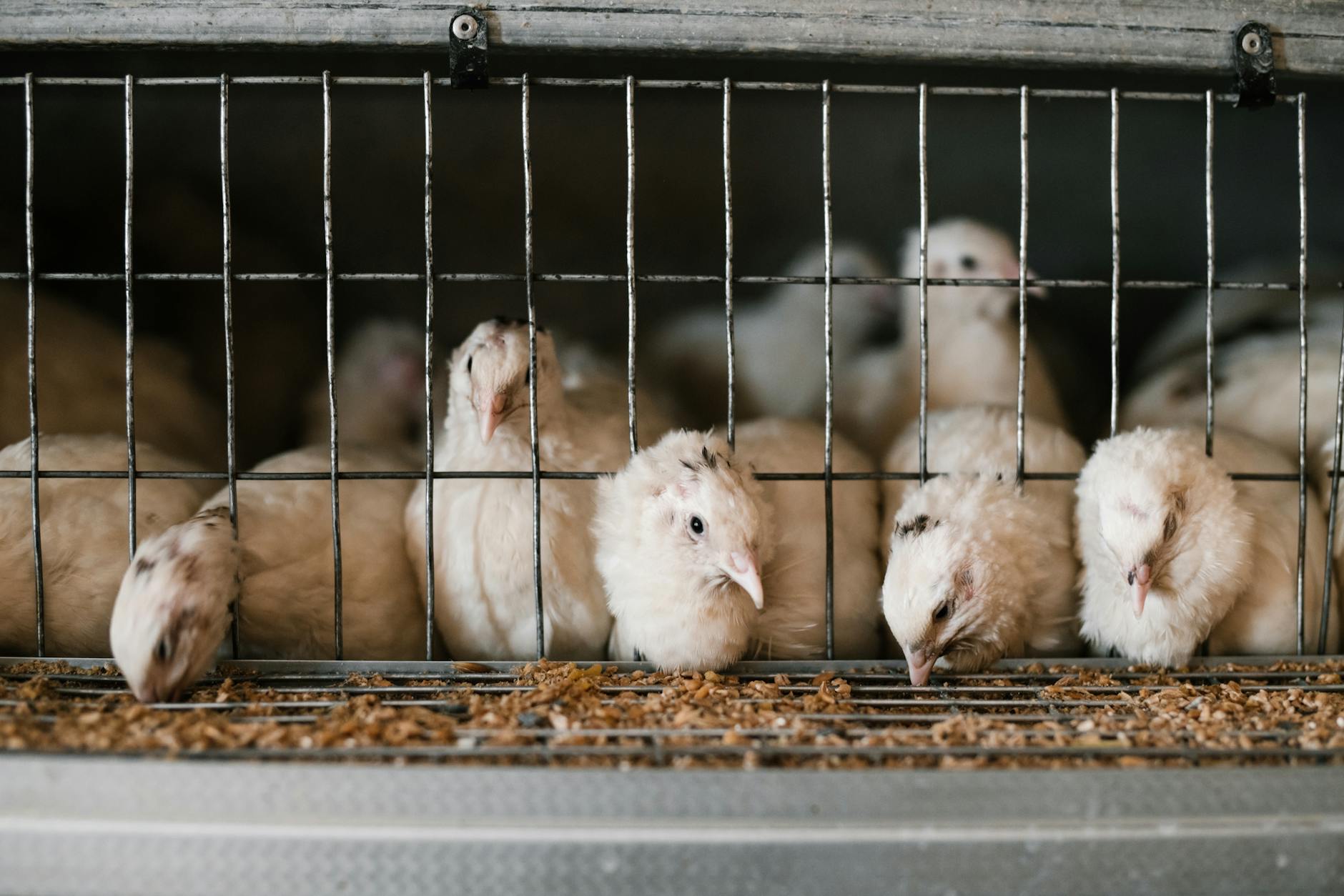Starting a Poultry Farming Business: A Comprehensive Guide
Poultry farming has long been recognized as an integral part of agriculture. Providing a steady supply of eggs, meat, and even feathers, it significantly contributes to both the agricultural and economic sectors globally. For aspiring entrepreneurs, poultry farming presents a lucrative business opportunity with high market demand. If you're keen to start your own poultry farm, this guide will help you lay a solid foundation for success.
Understanding the Basics of Poultry Farming
Poultry farming involves raising domesticated birds for their meat, eggs, or other by-products. Commonly farmed poultry includes chickens, ducks, turkeys, geese, and quails. Selecting the type of poultry you wish to raise depends on your resources, goals, and target market.
Types of Poultry Farming
Poultry farming can be classified into several methods, each with unique benefits and challenges:
- Commercial Poultry Farming: Focuses on large-scale production of meat or eggs. Birds are often raised in controlled environments for high efficiency.
- Free-Range Farming: Birds are allowed to roam outdoors, providing a more humane and organic product.
- Organic Farming: Combines free-range methods with strict adherence to organic feed and no antibiotics.
You can learn more about these practices in this detailed guide on various poultry farming types and methods.
Key Considerations Before Starting
Before diving into poultry farming, consider these critical factors:
- Market Demand: Research demand for poultry products in your region to ensure a viable customer base.
- Regulations and Permits: Check local laws and requirements for operating a poultry farm, including environmental and zoning regulations.
- Initial Investment: Assess your budget and identify sources of funding for startup and operational costs.
Planning and understanding market needs will ensure you're set up for success.
Setting Up Your Poultry Farm
Getting started requires careful planning and the right infrastructure. Here’s what you need to know:
Choosing the Right Location
Your farm’s location plays a vital role in its success. It should offer:
- Adequate space for housing birds.
- Easy access to markets for selling products.
- Proper ventilation and drainage systems.
Areas with moderate climates are often ideal, as extreme weather can affect bird health and productivity.
Required Infrastructure and Equipment
A well-equipped farm is essential for efficiency. You'll need:
- Housing or coops for birds.
- Feeding and watering systems.
- Cages (for commercial setups).
- Lighting and heating equipment.
For inspiration and practical steps, this small-scale poultry farming guide provides excellent insights for beginners.

Photo by ArtHouse Studio
Operational Strategies for Poultry Farming
Running a successful poultry farm involves day-to-day management practices that promote the health and productivity of your flock.
Feeding and Nutrition
Poultry nutrition directly impacts growth and production. Provide:
- A balanced feed rich in proteins, vitamins, and minerals.
- Clean water at all times.
Supplement diets based on the age and breed of your birds. Well-fed birds are healthier and more productive.
Health Management and Biosecurity
Disease prevention is critical in poultry farming. Implement these measures:
- Regular vaccinations and health checks.
- Clean and disinfect poultry houses frequently.
- Restrict access to the farm to control potential contamination.
This overview of poultry management outlines key practices to maintain flock health and reduce risks.
Financial Planning and Budgeting
Starting a poultry farm needs both financial planning and a clear understanding of market opportunities.
Initial Investment and Operating Costs
Here are the expenses you should anticipate:
- Land purchase or lease.
- Construction of poultry houses.
- Cost of chicks or birds.
- Feeding and healthcare expenses.
Setting aside a contingency budget will also help manage unexpected issues, such as disease outbreaks or feed price hikes.
Profitability and Market Opportunities
Poultry farms generate income from multiple sources, including:
- Sale of meat and eggs.
- Fertilizer and compost made from poultry droppings.
- Specialized products like organic or free-range poultry.
Understanding market trends can open up niches. For example, demand for organic poultry products has been growing steadily in recent years, creating premium pricing opportunities.
Check out this business plan for poultry farming beginners for a deeper dive into budgeting and strategy.
Conclusion
Poultry farming is a promising business that combines steady market demand with scalable opportunities. By understanding the basics, planning your setup, and managing operations effectively, you can create a thriving enterprise. Whether you're raising chickens for eggs or exploring organic methods, the potential for success in this field is vast.
Are you ready to take the plunge? Start with detailed research and groundwork, and let your poultry farming business take flight.


Comments
Post a Comment